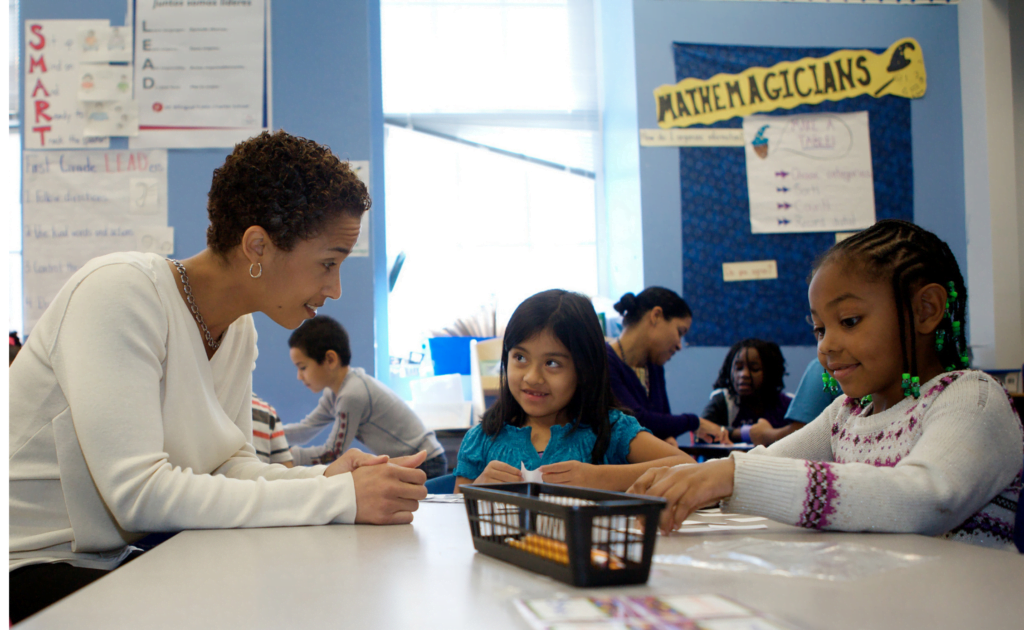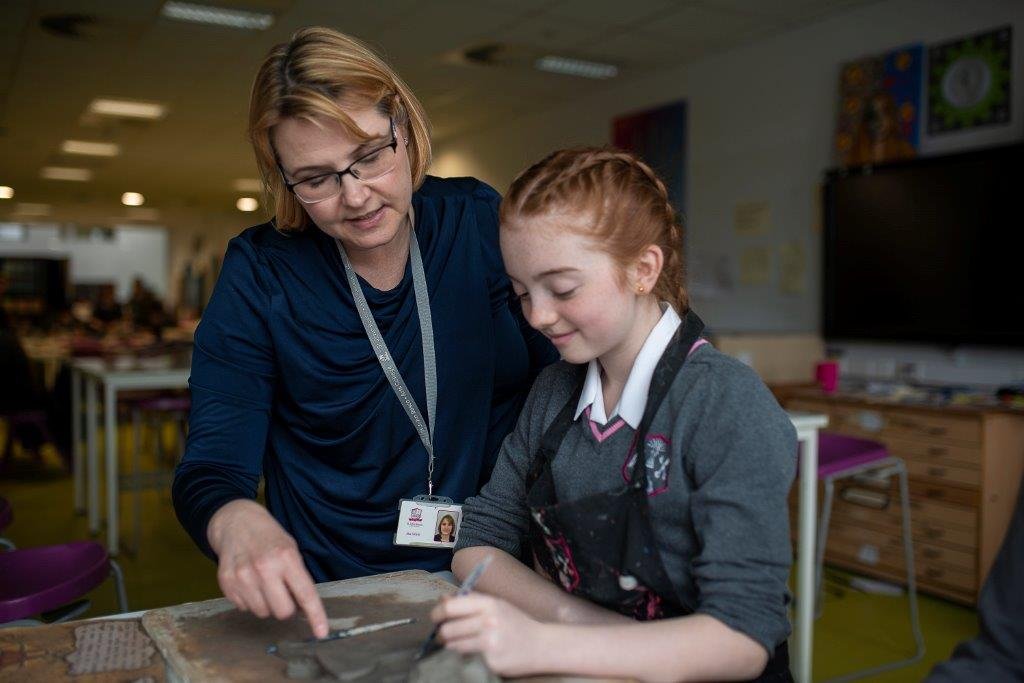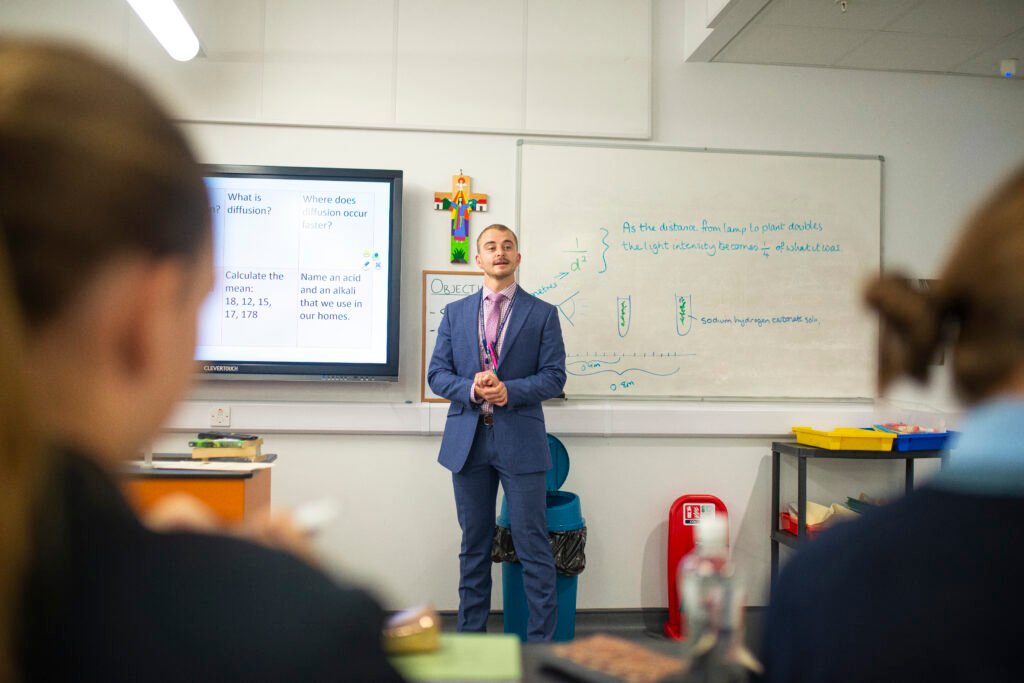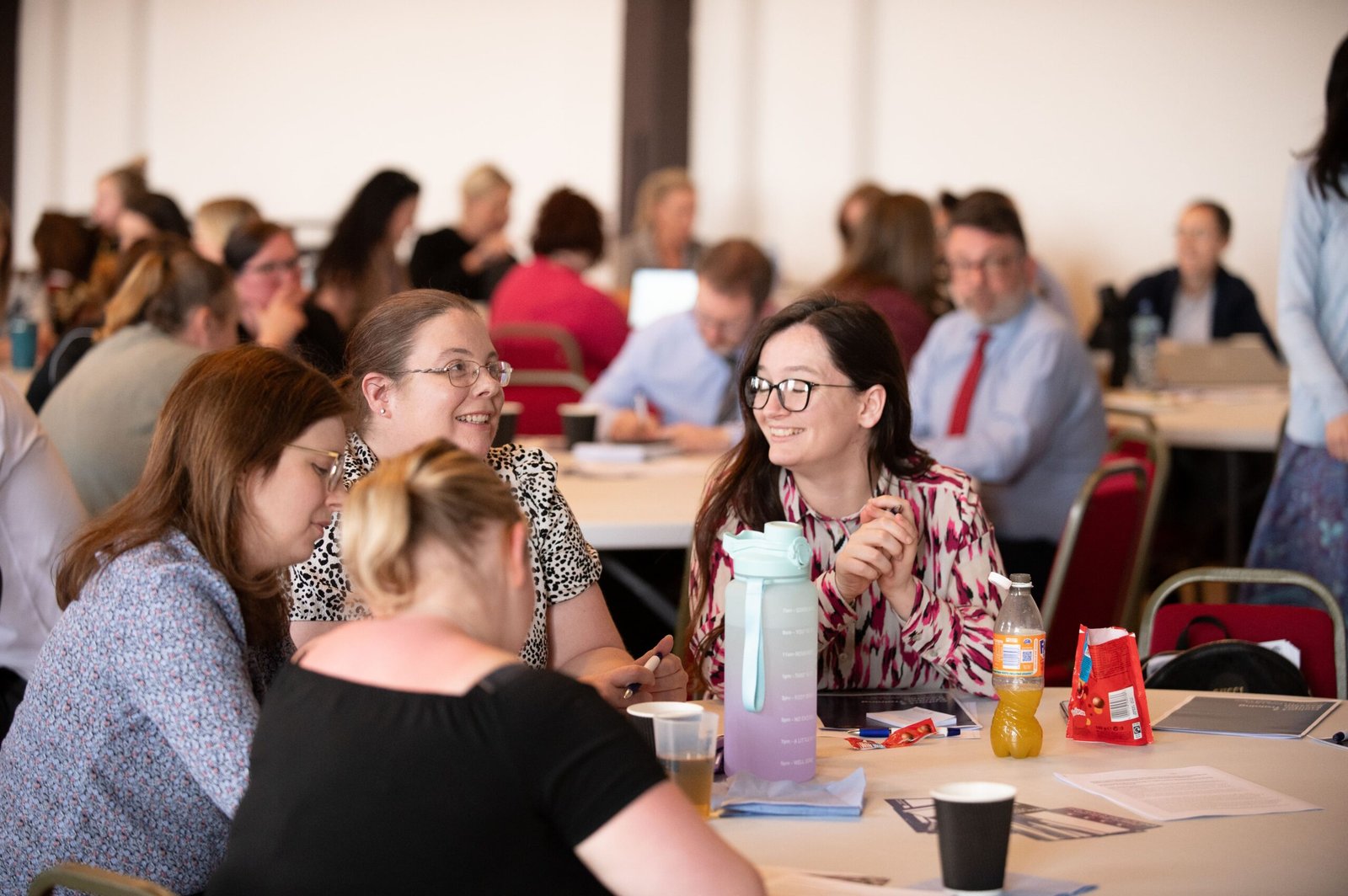
ECT: What to expect during an interview
Interviews can be daunting for anyone, no matter what industry you work in or how much experience you have. Teacher interviews are no exception as these can be a very lengthy process, but this offers the perfect opportunity for you to demonstrate your passion, knowledge and expertise.
To help early career teachers (ECTs) on the path to securing their dream job, Director of Inspire Learning Teaching School Hub, Jane Kennedy, has shared some pearls of wisdom. Across her 31 years’ experience in the profession Jane has been both the interviewee and the interviewer, and has supported many ECTs during the early stages of their career.
Firstly, Jane recommends getting to know the school. It may sound simple but thoroughly look at the school’s website, latest Ofsted report and understand the school’s vision. It is important you know what it stands for, how it is performing and what it wants to achieve for its pupils and staff.
Jane says: “Before applying, ask the school if you can arrange to be given a tour. This will give you the opportunity to see what the school is like and more importantly see whether the environment and culture is right for you.”
It is important during the tour that you present yourself as if it was part of the interview. For example, dress smartly, greet everyone you meet in a friendly manner with a firm handshake, pay attention during the tour and maintain good eye contact with people.
Jane adds: “After all, you will become a role model for the students at that school and so it is vital you conduct yourself correctly.”
Having had a tour, and if you feel it is the right school for you, it is time to apply. Don’t forget that a letter of application or supporting statement are the same thing and so you only need to write one. When emailing your application form, be formal and make it clear what your application is for. You may want to ask for confirmation that it has been received.
If you’re invited for an interview you will need to allow a day for the whole process. Jane says: “The minute you arrive in the school car park you’re on interview. Make sure you are polite to everyone you meet, from the team working on reception to the cleaning staff you might see in the corridors. Your actions will get fed back to those recruiting.”
Following a brief welcome, you may be given a tour if they were unable to facilitate one prior to the interview. These are often given by students and so again, be friendly and engage with what they are saying. These students will be asked what their impressions are of you and the rest of the candidates – don’t forget children can be very honest!
Next is usually the lesson observation, which you will have been informed about. Jane recommends taking a lesson plan that you can give to the observers so that if you don’t manage to get through everything you had intended to within the lesson, they can see what you had planned and what your thought processes were.
Jane suggests: “Ask for a profile of the class in advance so you know whether there are any children with special needs and whether you need to adapt your resources for the lesson. Make sure you bring the relevant number of resources with you so that everyone is accounted for – you could even enlist the help of the children to hand out these resources to the rest of the class.
“Try to get to know the names of some of the children with whatever technique you prefer, for example asking them to wear their name on a sticky label.”
Following the lesson, be sure to reflect on the good, and not so good, things that happened as you may be asked about this during the interview. Once feedback has been received from the observers in the lesson, they may shortlist candidates for the next stage of the interview.
The interviews usually last around 30-40 minutes. If you finish after 15 minutes, then maybe you haven’t given enough depth in your answers and if you find yourself still talking after 45 minutes then perhaps you are waffling and you need to be more concise.
On the interview panel you can expect the headteacher or a deputy headteacher, head of department or a member of the leadership team that line managers the department and a governor. Where possible, make eye contact with each person, particularly the person asking the questions.
There are usually some standard questions to expect during the interview such as “Why you?”, “Why us?”, “Why now?”, “What motivates you to get out of bed in the morning?” and “What is your greatest achievement?”.
Use examples from your training in the answers as this will show your first-hand experience and how you can reflect on what worked well and what didn’t. Expect to receive a question about safeguarding too, this means you have to demonstrate you know the right safeguarding procedures and the actions you would take in the event of a disclosure.
In the interview, you will have the chance to ask the panel your own questions. Make sure you do as this can show your keen interest in the position and the school. Prepare a list of questions beforehand and if you feel they have answered your questions throughout the day, explain this but try and think of at least one!
Jane says: “A great one to ask is about staff CPD and how the school develops its teaching staff. This shows that you don’t want to ‘sit still’ and you’re keen to progress. Another good one is finding out about the opportunities around extracurricular activities as this proves that you’re willing to do more than what is expected of you in the classroom.
“You could also ask about the policies for ECTs becoming form tutors if this is something you’re particularly keen to explore.”
At the end of the interview, you may be asked if you’re a firm candidate for the job. At the point in which you say “Yes”, you are implying that if you’re offered the job, you will accept it.
For teaching roles, you are usually told if you are successful at some point that day/evening or within a day or so after the interview. The successful candidate is told first, and the school will await acceptance from the candidate. They will then inform the other candidates that they are unsuccessful and can offer feedback on how the interview went and what you could do better next time.
Jane concludes: “Good luck and enjoy the process. Yes, it can be scary but if you prepare as much as you can beforehand and believe in yourself, you should feel confident when walking into that school.”
If you would like to find out more about Inspire Learning Teaching School Hub’s Early Career Framework programme, contact the team on 0151 677 6262 (option 1) or email: enquires@inspirelearningtsh.co.uk.










